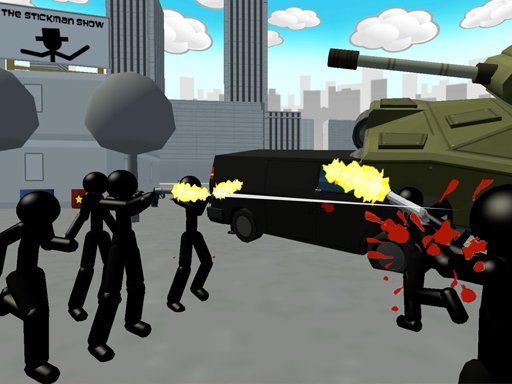

Lubyanka Criminal Group (also translated as The Gang from Lubyanka) is a book by Alexander Litvinenko about the alleged transformation of the Russian Security Services into a criminal and terrorist organization. The new criminal class of Russia took on a more Westernized and businesslike approach to organized crime as the more code-of-honor based Vory faded into extinction. In that year, 1400 people were murdered in Moscow, crime members killed businessmen who would not pay money to them, as well as reporters, politicians, bank owners and others opposed to them. By 1993 almost all banks in Russia were owned by the mafia, and 80% of businesses were paying protection money. By the mid-1990s it was believed that the Ukrainian born Semion Mogilevich had become in charge of finance for some Russian Mafia syndicates ( Solntsevskaya bratva), and described by the FBI as "one of the most dangerous men in the world". Contract killings, bombings and kidnappings reached an all-time high with many gangland murders taking place, a substantial number remaining unsolved. Widespread corruption, poverty and distrust of authorities only contributed to the rise of organized crime. Former KGB agents, sportsmen and veterans of the Afghan and First and Second Chechen Wars, now finding themselves out-of-work but with experience in areas which could prove useful in crime, joined the increasing crime wave. Desperate for money, many former government workers turned to crime, others joined the former Soviet citizens who moved overseas, and the Russian Mafia became a natural extension of this trend. As the Soviet Union headed for its collapse, so too did the economy and resulted in a social decay. Crude markets started forming, the most notorious being the Rizhsky market where prostitution rings were run next to the Rizhsky Railway Station in Moscow. However the new law said nothing about regulations and security of market economy. The real breakthrough for criminal organizations began in 1988, when the Soviet Union legalised private entrepreneurship, allowing free trade. During the era when the Soviet economy took a downhill turn, the Vory would take control of the black market with the help of corrupt officials, supplying products such as electronics or delicatessen during the Brezhnev era which were hard to reach for the ordinary Soviet citizen. During World War II some prisoners made a deal with the government to join the armed forces in return for a reduced sentence, but upon their return to prison they were attacked and killed by inmates who remained loyal to the rules of the thieves. One such rule was that cooperation with the authorities of any kind was forbidden. This class of criminals had to abide by certain rules in the prison system.

In the Soviet period vory v zakone or "thieves in law" (understood as "bound by code") emerged. Organized crime has existed in Russia since the days of the Czars in Imperial Russia in the form of banditry and thievery but it could trace its roots even earlier. In December 2009, Timur Lakhonin, the head of the Russian National Central Bureau of Interpol, stated: "Certainly, there is crime involving our former compatriots abroad, but there is no data suggesting that an organized structure of criminal groups comprising former Russians exists abroad". Russian criminals are internationally active in the illegal oil trade, human trafficking, drug trafficking, smuggling of weapons and money laundering. They are active in virtually every part of Russian society. Since the August 19– Decemfall of the Soviet Union, these groups have amassed considerable worldwide power and influence. The mafia in various countries take the name of the country, as for example the Ukrainian mafia.īratva ] ( Братва slang for "brotherhood", which applies to all gangs, including rivals) is a name designating a range of organized crime syndicates originating in the former Soviet Union, Russia and the CIS. The Russian Mafia ( Russian: Рoссийская мафия, Rossiyskaya Mafiya Русская мафия, Russkaya Mafiya) is a name applied to organized crime syndicates in Russia and Ukraine. Money laundering, extortion, arms trafficking, cybercrime, human trafficking, prostitution, drug trafficking, arson, counterfeiting, extortion, fraud, and larceny

Primarily Russians, Ukrainians, Chechens, Georgians, Armenians, etc. International, strongholds in former Soviet states extensive operations in European Union, Middle East, the United States


 0 kommentar(er)
0 kommentar(er)
